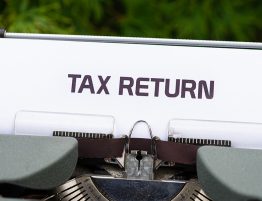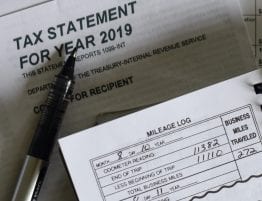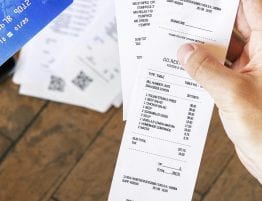
The U.S. Supreme Court agreed to hear the case of CIC Services vs. the IRS, where CIC Services had challenged the IRS notice 2016-16 on its micro-captive transactions where the IRS had identified certain micro-captive transactions as having potential for tax evasion or avoidance. The IRS had also labelled these as “transactions of interest” reportable to the IRS.
Abusive micro-captives have appeared on the IRS ‘Dirty Dozen’ list of tax scams since 2014. In 2016, the Department of the Treasury and IRS issued Notice 2016-66, which identified certain micro-captive transactions as having the potential for tax avoidance and evasion.
Critics are fearing that a ruling in favor of the IRS would give the Treasury Department and the IRS a sweeping shield from challenges to their regulations. Accounting Today shares:
“The justices said Monday they will hear arguments over a reporting requirement used by the IRS to police what it says are tax-avoidance schemes involving tiny insurance companies. The requirement includes a $50,000 penalty for noncompliance.
At issue is whether taxpayers and their advisers can challenge the reporting requirement, and others like it, without paying the penalty or waiting for the IRS to start enforcement proceedings.
A divided Cincinnati-based federal appeals court said the compliance penalty made the reporting requirement a tax, and insulated it from a preemptive legal attack. Under a law known as the Anti-Injunction Act, taxes generally can be challenged only after they are paid or the IRS has begun enforcement.
The justices will hear an appeal from CIC Services LLC, a Tennessee-based business that advises taxpayers on so-called micro-captive transactions, which use small insurance companies to reduce taxable income. The IRS says some of those transactions aren’t genuine insurance contracts.
CIC says it would also risk criminal liability if it didn’t comply with the reporting requirement.
Under the lower court ruling, ‘even patently unlawful IRS regulations can be insulated from review unless an individual is willing to risk the imposition of enormous fines and — in this case — prison time,’ CIC argued in its appeal.
The company’s supporters at the Supreme Court include the U.S. Chamber of Commerce and Americans for Prosperity, the conservative advocacy group backed by businessman Charles Koch.
The Trump administration and the IRS urged the Supreme Court not to intervene. They said that when someone doesn’t report a micro-captive transaction, it’s fair to presume that ‘the suspicious transaction is in fact an instance of tax avoidance or evasion, and some tax liability should be imposed.’
The administration says taxpayers and advisers can decline to submit the report, pay the penalty and then sue for a refund.
The case, which the court will hear in the nine-month term that starts in October, is CIC Services v. Internal Revenue Service, 19-930.”
Fill out the form for a free and confidential consultation.








